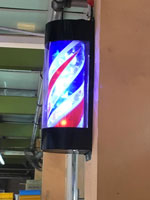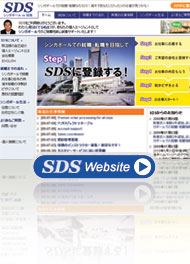Replace job tile with other ways
 Can South Korea's companies top-down culture be revamped? Can South Korea's companies top-down culture be revamped?
The recent article introduced that South Korea's rapidly ageing population influences the labour demographics: overall employment for the over 50s is more than for 20 - 30s workers.
It is also reported tjat South Korea's unemployment rate increased in February and hit the highest level in the past 6 years.
"Korea is among the longest-working but least-productive countries in the world," a McKinsey Korean staff member told the Times.
Under such circumstances, some South Korea's companies are trying to drop the mention of job titles in the workplace.
Last month, Samsung group's pharmaceutical arm, Samsung BioLogics, began to add "professional" or "expert" to every employee's name in place of existing traditional job titles such as "manager" or "leader".
Higher-level positions, such as senior executives and directors, will still keep their titles.
CJ group, a food and entertainment empire, was the first South Korean company to start dropping the use of job titles in 2000, the Herald reported.
The purpose of this method is to prioritises performance and capability over the number of years with the company.
Seoul National University sociology professor Kim Seok Ho says "Koreans tend to rank people based on occupation, hometown, academic background and more".
Entrepreneurs in South Korea seem to welcome this trend.
It is interesting to see how this trend will influence on the traditional hierarchical system in South Korea companies.
|

 Can South Korea's companies top-down culture be revamped?
Can South Korea's companies top-down culture be revamped?
 Are the barber polls always red, white and blue wherever they are?
Are the barber polls always red, white and blue wherever they are?

